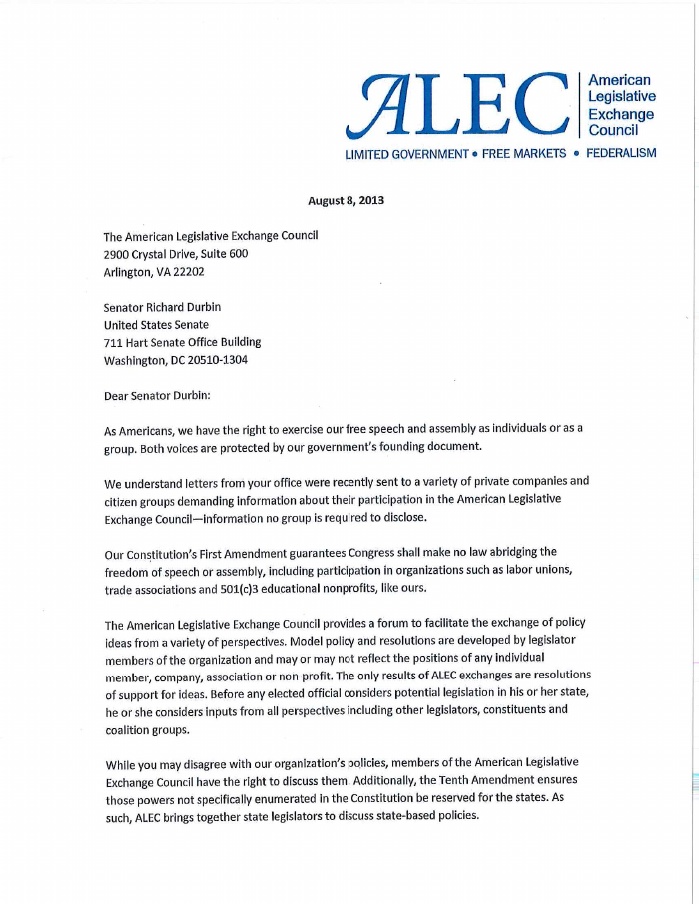from CNN,
7/16/13:
 The George Zimmerman trial has made one thing crystal clear. When racial issues arise, we tend to unquestionably cheer for our own race like it's a sporting match. There's little regard for the arguments or feelings of those from another race.
The George Zimmerman trial has made one thing crystal clear. When racial issues arise, we tend to unquestionably cheer for our own race like it's a sporting match. There's little regard for the arguments or feelings of those from another race.
Is the racial empathy gap in America growing? It seems so. At least judging by the chatter of comments surrounding the trial.
There were speculations that there will be riots by the black community should Zimmerman be found not guilty.
As CNN's Don Lemon rightly pointed out Friday, these warnings basically label blacks as "barbarians" who "can't contain themselves."
On the other side, some people of color despicably threatened to harm or even kill Zimmerman after he was acquitted.
No matter what race you belong to, you have to admit this lack of concern for other races need to be addressed.
And when I say we lack racial empathy, I'm not talking about feeling sorry for a race because of their "plight." I mean true empathy -- "the ability to understand and share the feelings of another."
Racial empathy means being able to honestly contemplate what it would be like to be a member of a different race.
Psychologists have noted that this type of empathy fosters conflict resolution. Opening yourself to understanding why the other side believes what it does can help you find common ground.
Of course, this is not easy. It requires you to, at least temporarily, stop self-righteously dismissing competing arguments. You don't have to agree with the opposing views, but you should listen and try to understand them.
But when was the last time you heard leaders of community groups -- regardless of race -- say: "Let's look at from the other side?" I haven't.
There's no simple fortune cookie piece of advice out there on how we can become more open and honest. But we can start simple.
How can we increase our racial sympathy? Let's look at issues from the vantage point of another race: Why are they angry? Why are they afraid? What would you feel like if you lived in a community where the crime you see is committed almost exclusively by one race? Conversely, how would you feel if you were repeatedly profiled by the police and society simply because of your skin color?
Read More:

























